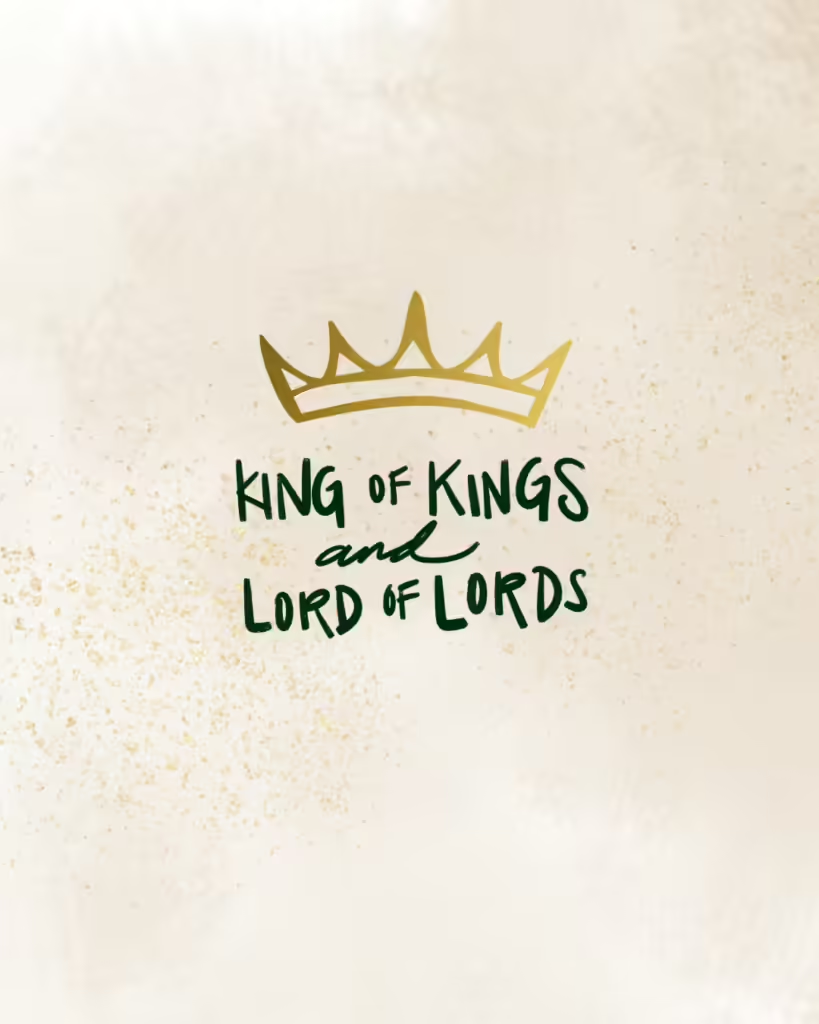Read: John 19:1-16
On his robe and on his thigh he has a name written, King of kings and Lord of lords. (Rev. 19:16)

In 1743, King George II famously stood to his feet during a performance of Handel’s Messiah. At that moment, the choir was singing the Hallelujah chorus. The lyrics repeat a name for Jesus from Revelation 19:16, “King of kings and Lord of lords.” As he heard these words, King George II stood out of reverence, in observation of the fact that Jesus was a greater king than he. Audiences have been standing for the Hallelujah chorus ever since.
When he lived on earth, Jesus did not command respect from earthly kings. He allowed himself to be tortured and executed by Pilate, an emissary of the Roman emperor. But Jesus told Pilate, “You would have no authority over me at all unless it had been given you from above” (John 19:11). Pilate was so shaken by this truth that he subsequently tried to release Jesus. From then on, Pilate referred to Jesus as “King,” even writing the title above Jesus’s head on the cross (v. 19). Although he failed to protect or honor Jesus, Pilate did ultimately recognize his kingly identity. Even while dying a common criminal’s death on the cross, Jesus was King.
When Jesus comes again, his kingship will be unmistakable. At that time, every knee will bow before him. As we anticipate the celebration of the infant Christ, we also look forward to his return as King of kings and Lord of lords.
As you pray, ask God to guide all those in authority.
About the Author
Sarah Sanderson is the author of The Place We Make: Breaking the Legacy of Legalized Hate. She lives with her husband and their four teenage children in Oregon.
- Sarah Sandersonhttps://www.woh.org/author/sarah-sanderson/
- Sarah Sandersonhttps://www.woh.org/author/sarah-sanderson/
- Sarah Sandersonhttps://www.woh.org/author/sarah-sanderson/
- Sarah Sandersonhttps://www.woh.org/author/sarah-sanderson/



